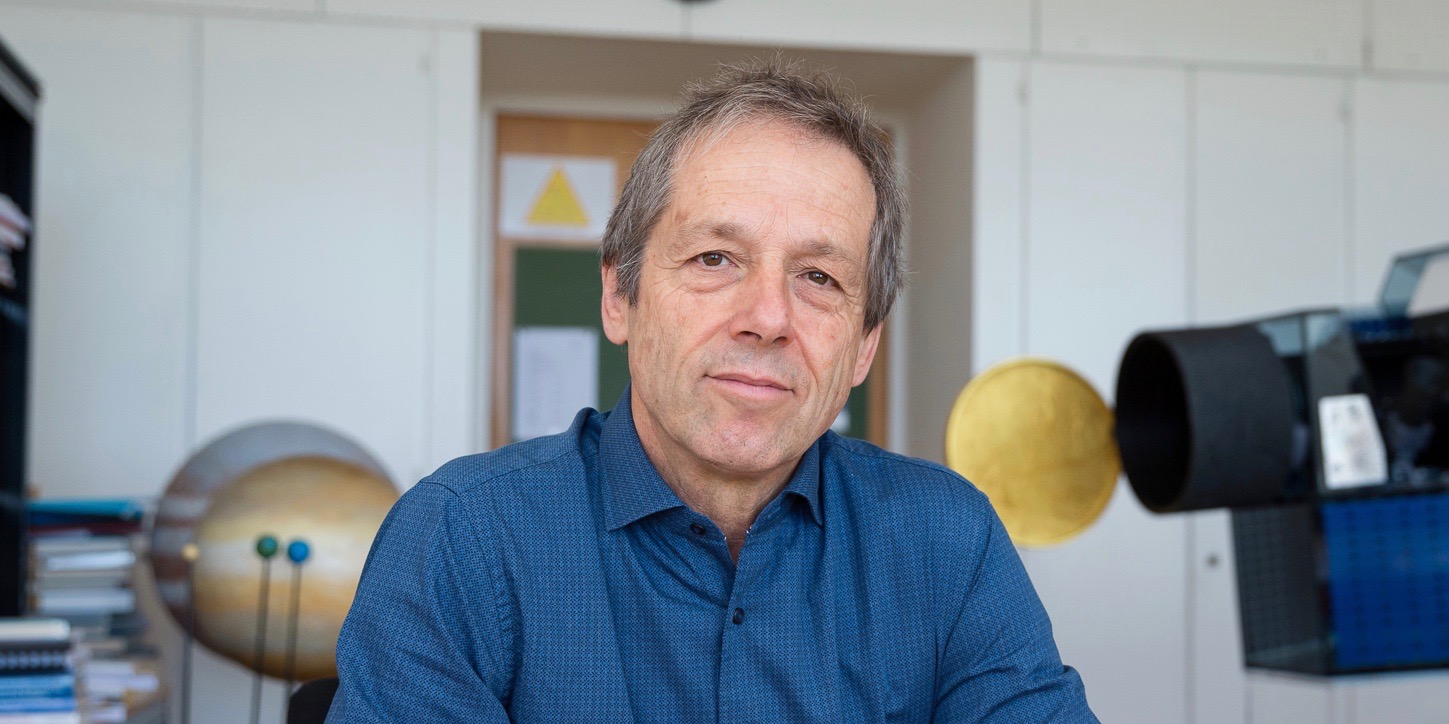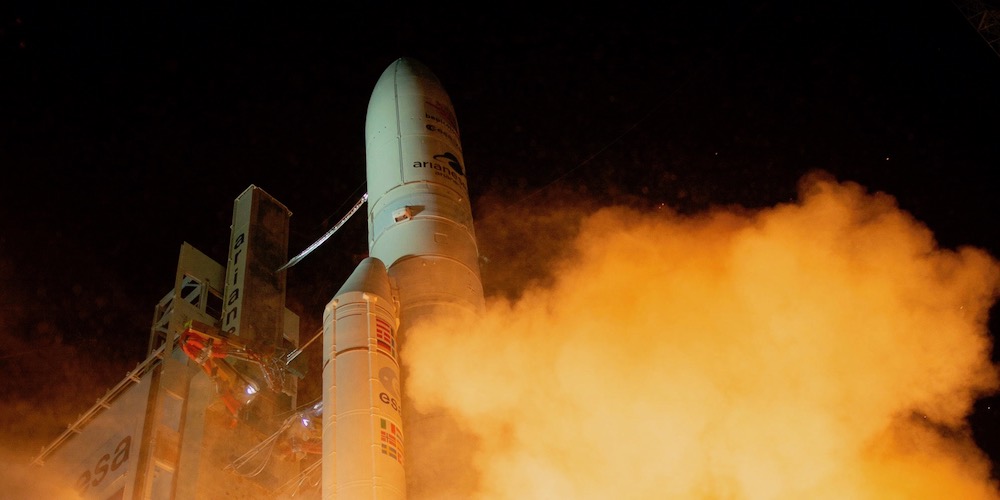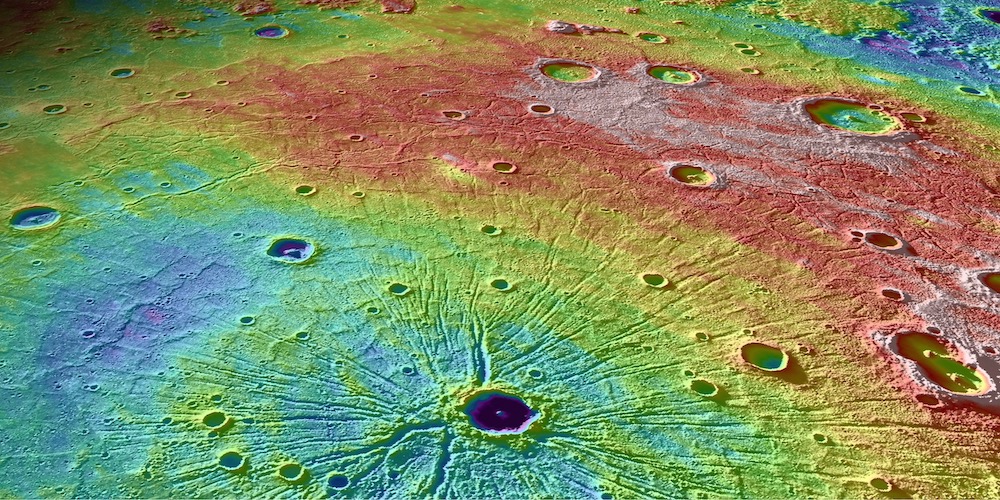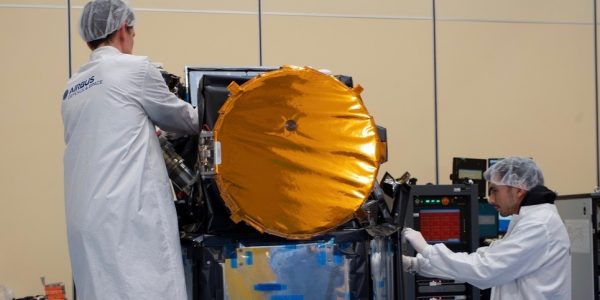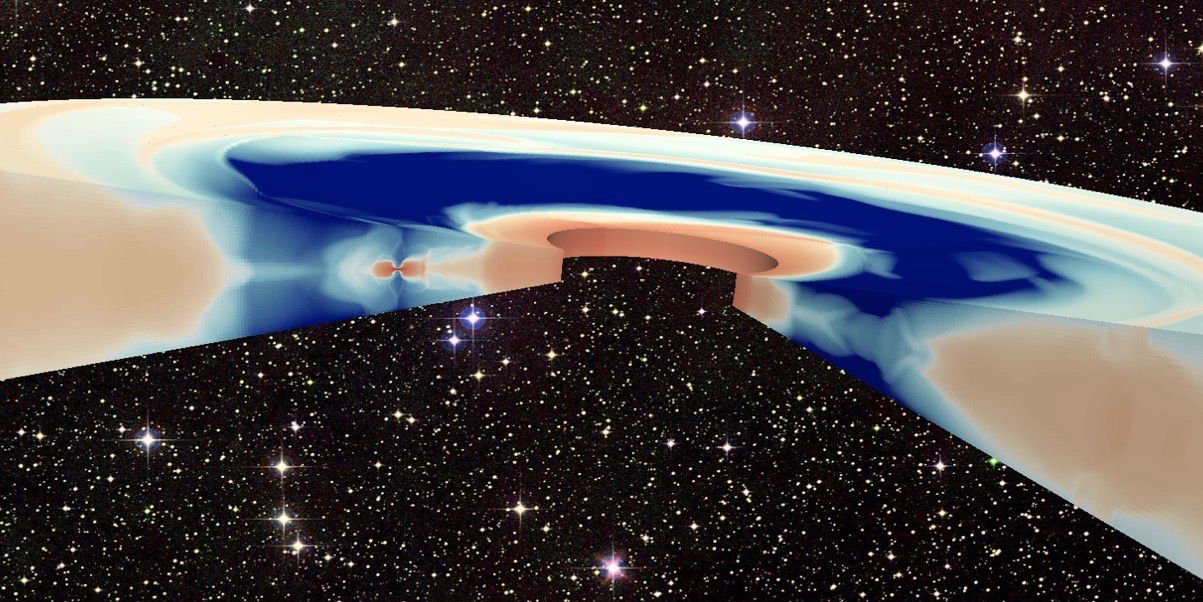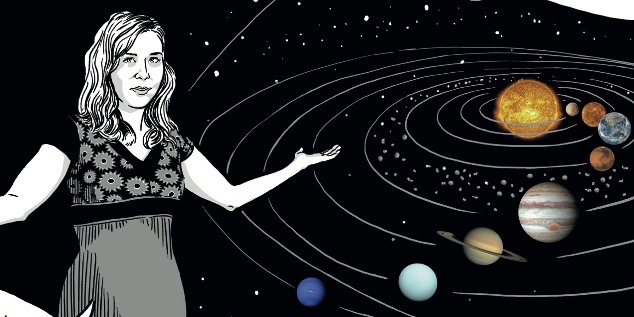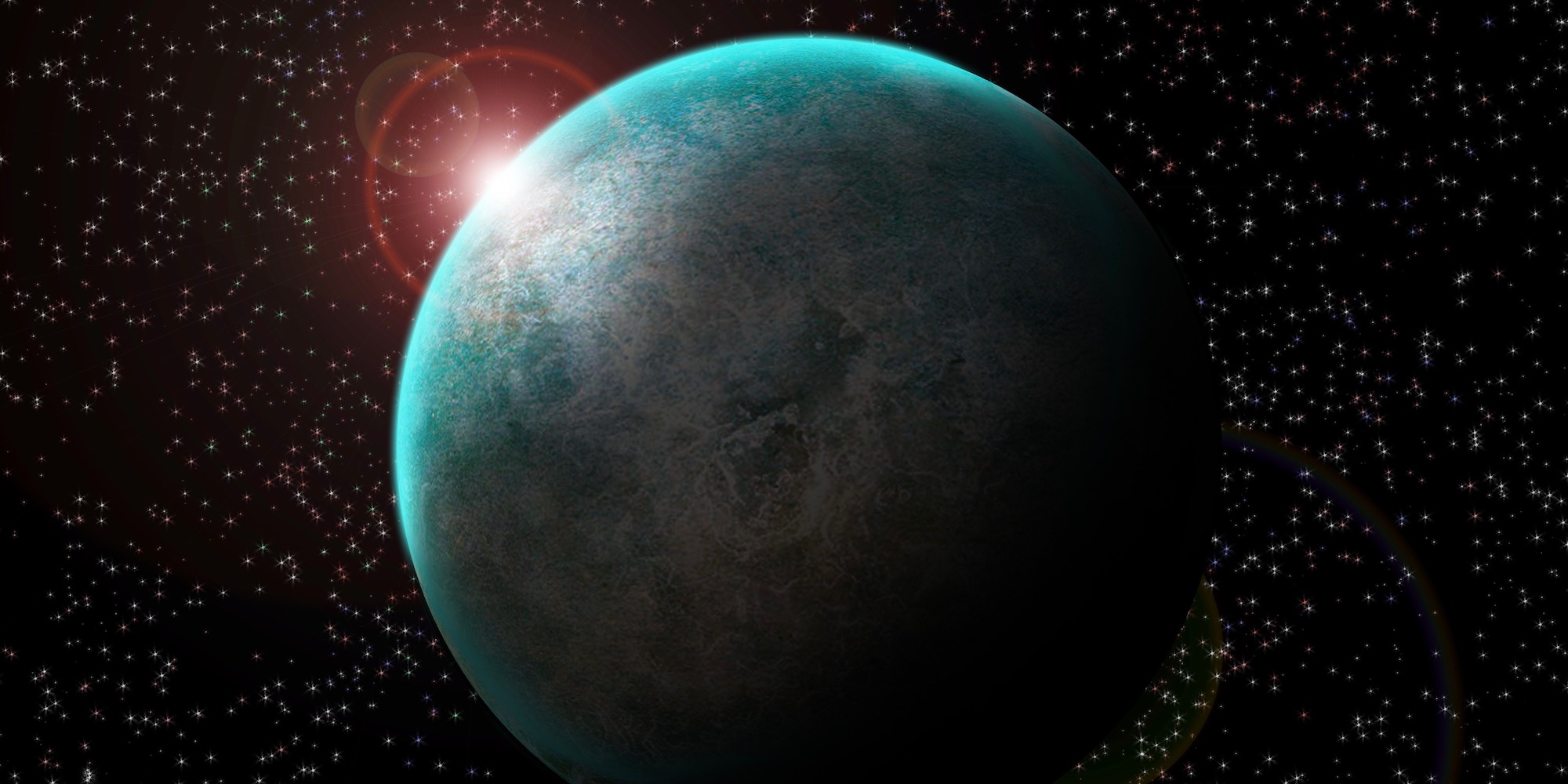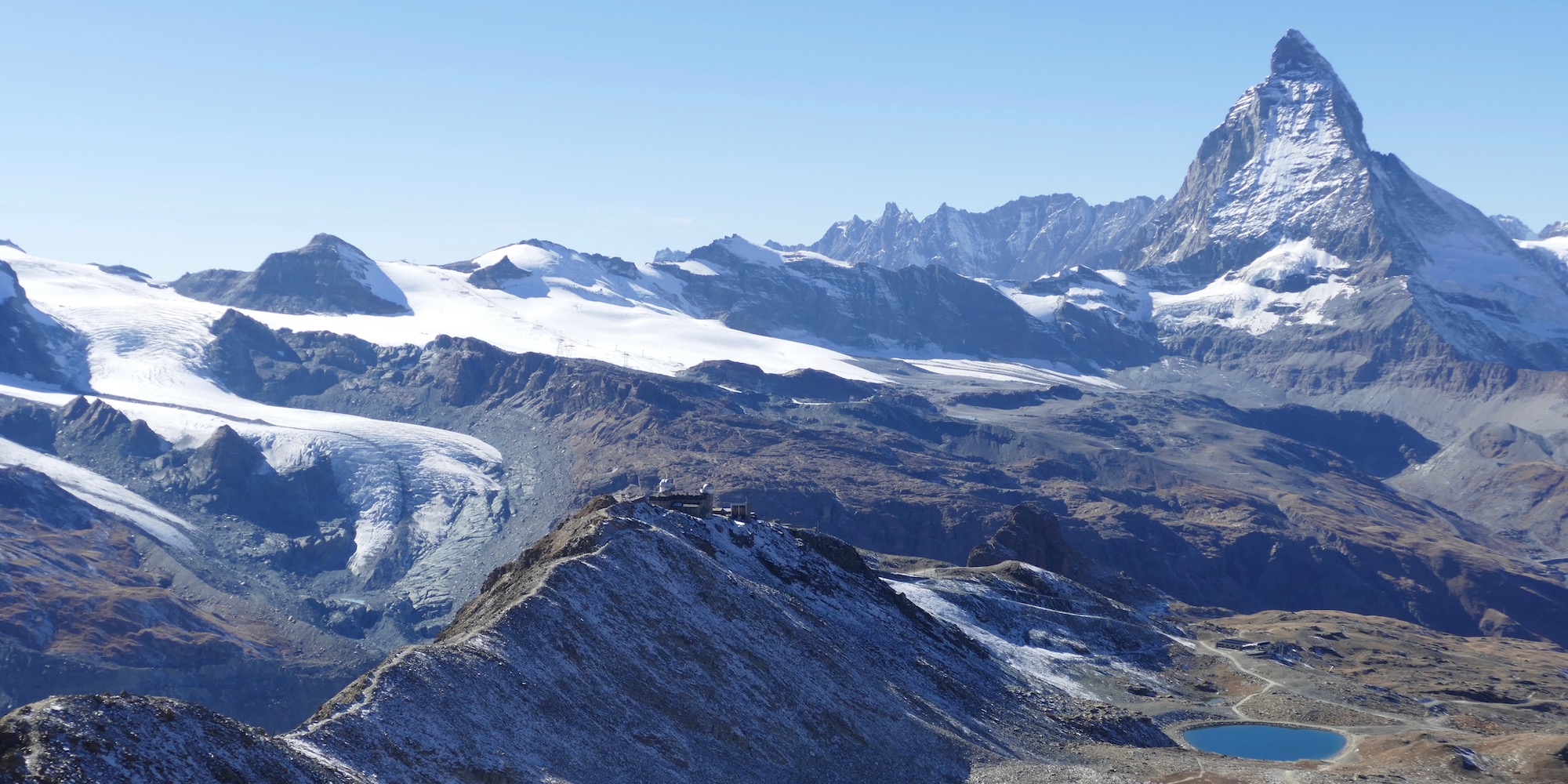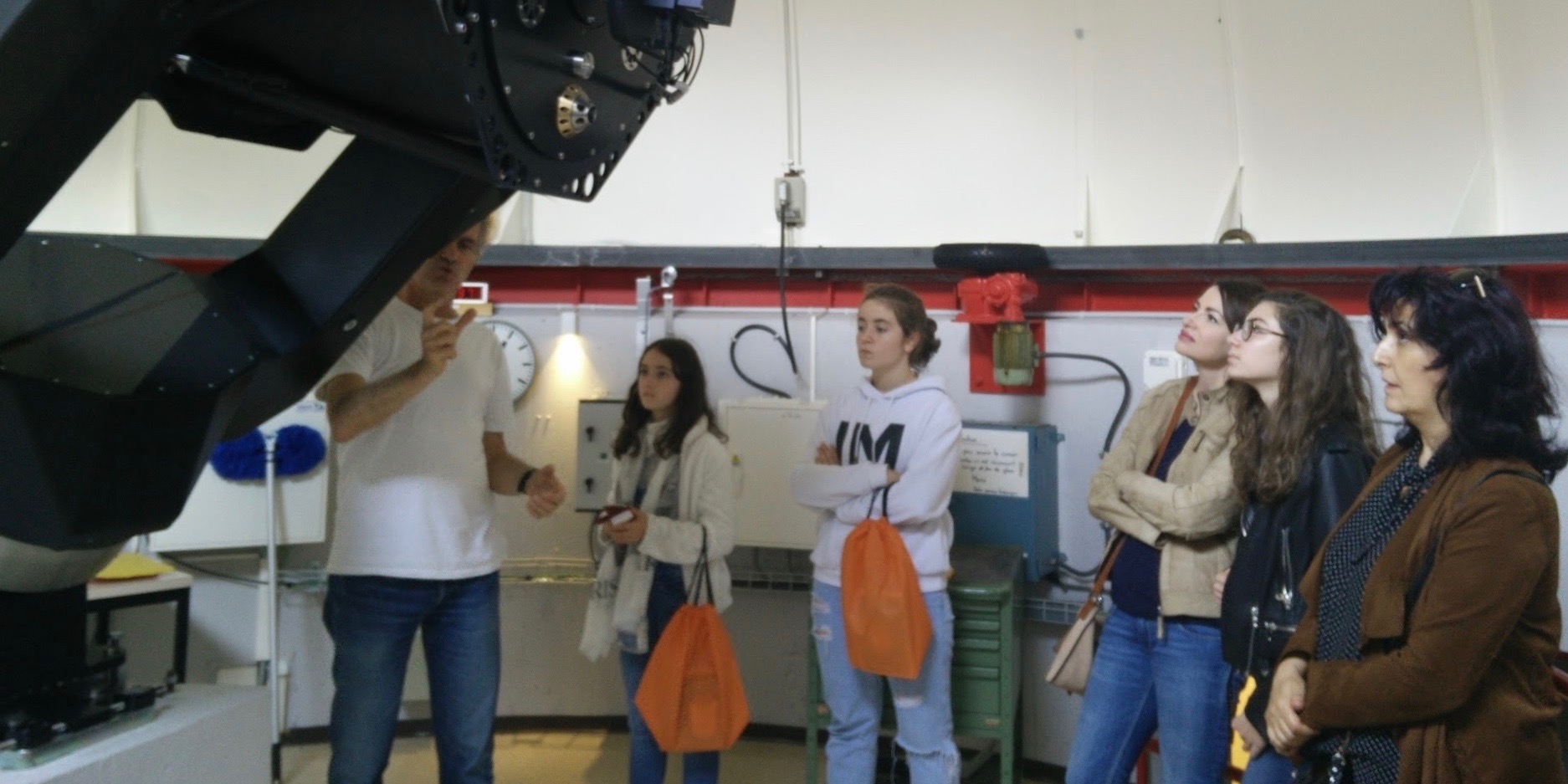News
Postdoctoral research position: Mass of transiting extrasolar planets
The exoplanet team of Geneva University has an opening for a postdoctoral researcher to work on the mass characterization of transiting exoplanets through high-precision radial velocity measurements. Focusing on the low-mass range of exoplanets and using the high-precision spectrographs CORALIE, SOPHIE, HARPS, HARPS-N, SPIROU, ESPRESSO and NIRPS, our team is strongly involved in the follow-up […]
Continue ReadingEditorial
Chère lectrice, cher lecteur, Ca y est ! BepiColombo a commencé le 20 octobre son voyage de sept ans vers la planète Mercure. Après des difficultés techniques considérables et des années de retard, le satellite de l’ESA a été lancé avec succès par une Ariane 5 depuis Kourou en Guyane française. Aller sur Mercure n’est pas […]
Continue ReadingBELA – Lancement de l’altimètre bernois vers Mercure
BepiColombo a décollé pour étudier Mercure. Nicolas Thomas, co-chercheur principal de l’instrument BELA et directeur de l’Institut de physique de l’Université de Berne, a assisté au lancement. Voici ses impressions. Par Nicolas Thomas En route BepiColombo aura décollé de Kourou dans la matinée du 20 octobre 2018 (heure européenne). Après avoir travaillé pendant 15 ans […]
Continue ReadingFormer Mercure par impacts géants
La plus petite planète de notre système solaire a un large noyau métallique. Comment cela se fait-il? D’après la théorie la plus populaire, Mercure aurait perdu une grande partie de son manteau dans une collision. Alice Chau et ses collègues de l’Université de Zurich ont simulé différent scénarios avec un super-ordinateur. Leur résultat ? Former Mercure […]
Continue ReadingBranché sur l’espace
Après une longue tournée à travers l’Europe, le satellite CHEOPS est de retour chez Airbus Defence and Space Espagne à Madrid. Au cours de son voyage, il a dû passer avec succès des essais thermiques sous vide dans les installations d’Airbus à Toulouse, des essais de vibrations mécaniques à RUAG Space à Zurich et des […]
Continue ReadingLa formation des lunes de Jupiter
Les astrophysiciens du PRN PlanetS de l’Université de Zurich ont été stupéfaits par l’analyse de leurs simulations informatiques : la formation des lunes de Jupiter s’est produite beaucoup plus vite et plus tard qu’on ne le croyait auparavant. Les chercheurs ont également découvert que les satellites que nous voyons aujourd’hui ne sont probablement pas les […]
Continue ReadingUne scientifique de PlanetS dans une bande dessinée spatiale
Depuis le 28 mars 2018, le Musée des EPF focusTerra à Zurich accueille l’exposition “Expédition Solar System – Rejoignez l’EPF de Zurich pour un voyage dans l’espace”. L’exposition présente les scientifiques sous forme de bandes dessinées. Le mélange de la science et de l’art offre un voyage divertissant tant pour les amateurs que pour les […]
Continue ReadingTutoriel: Comment faire des vues d’artiste d’exoplanètes simples et jolies
Par Thibaut Roger Si vous avez déjà lu un article de presse à propos d’exoplanètes, vous avez certainement déjà vu l’une des sympathiques vues d’artistes qui les illustrent. En effet, à quelques exceptions près, on ne peut pas voir une exoplanète directement mais seulement son effet sur son étoile hôte. Même lorsque l’on peut utiliser […]
Continue ReadingObservatoires impossibles
Par Timm Riesen Les montagnes sont imprenables Jusqu’au milieu du 19ème siècle, on croyait encore que les hauts sommets des Alpes étaient imprenables. Beaucoup de mythes et de légendes se sont tissés autour de ces sommets de montagne loin dans les nuages. Lentement, avec les premières ascensions réussies de la Jungfrau (1811), du Mönch (1857) […]
Continue ReadingElargis Tes Horizons
C’était il y a une année lorsqu’en novembre la fondation Elargis Tes Horizons avait organisé avec l’Université de Genève une rencontre entre chercheurs de la faculté des sciences et environ 500 jeunes filles âgées entre 12 et 15 ans. Le but de la fondation étant de montrer aux filles que la recherche scientifique est à […]
Continue Reading
